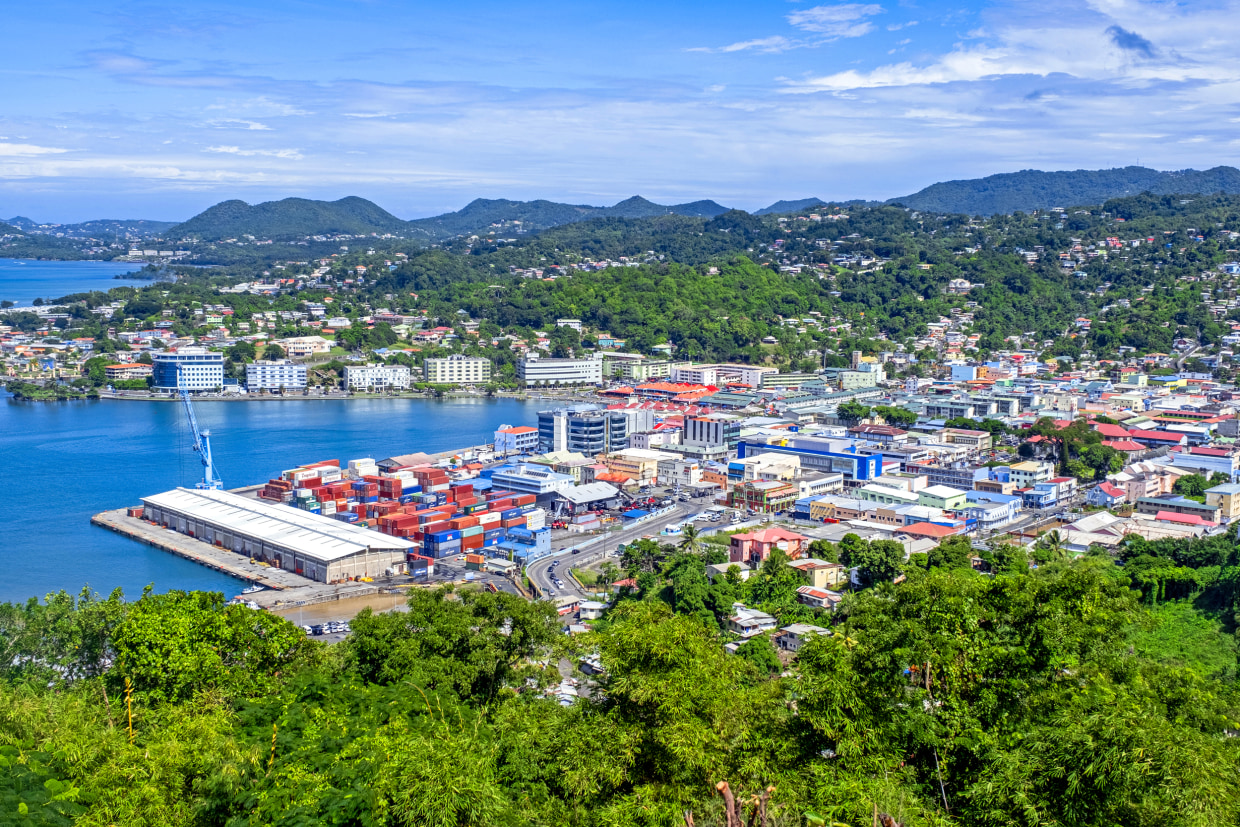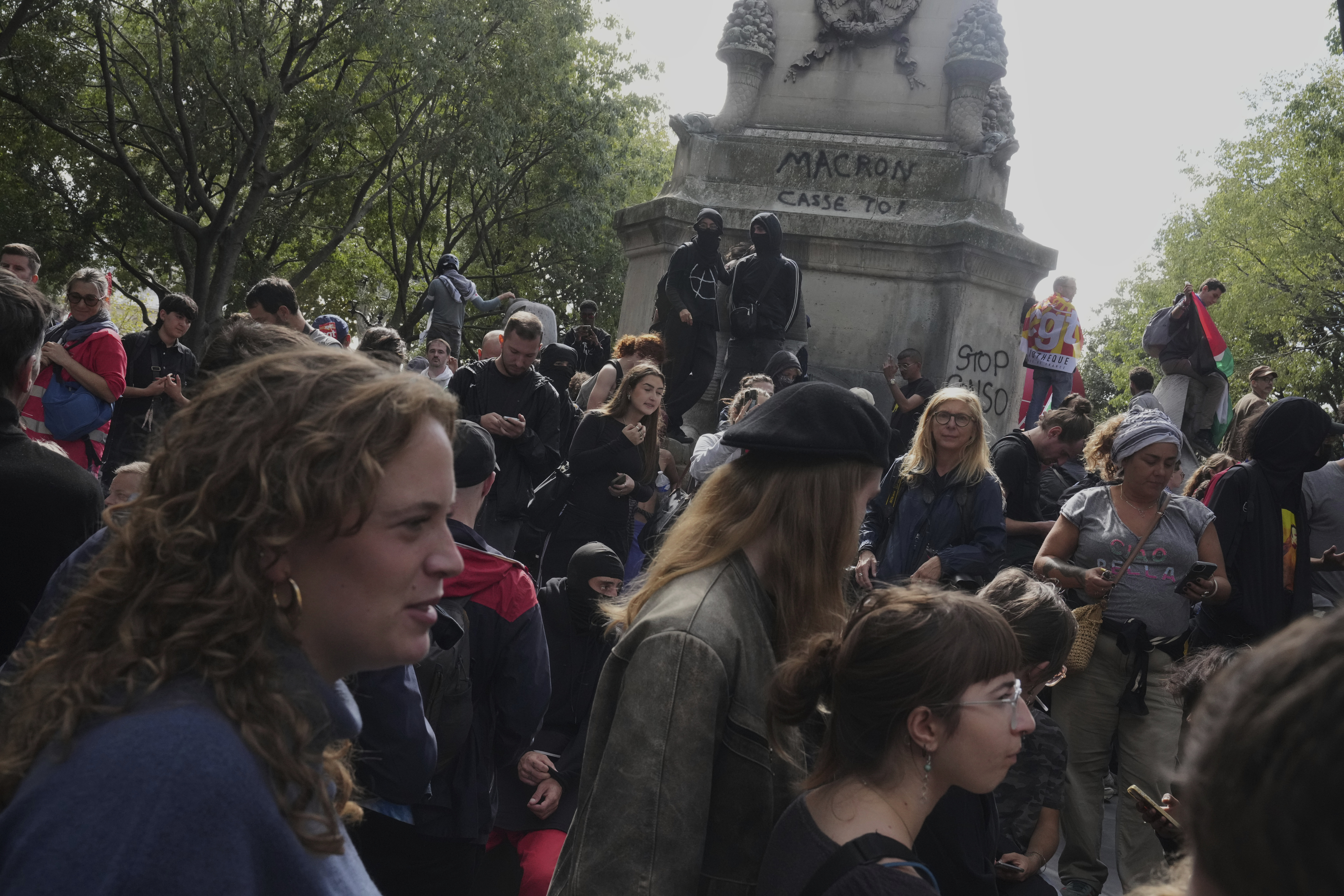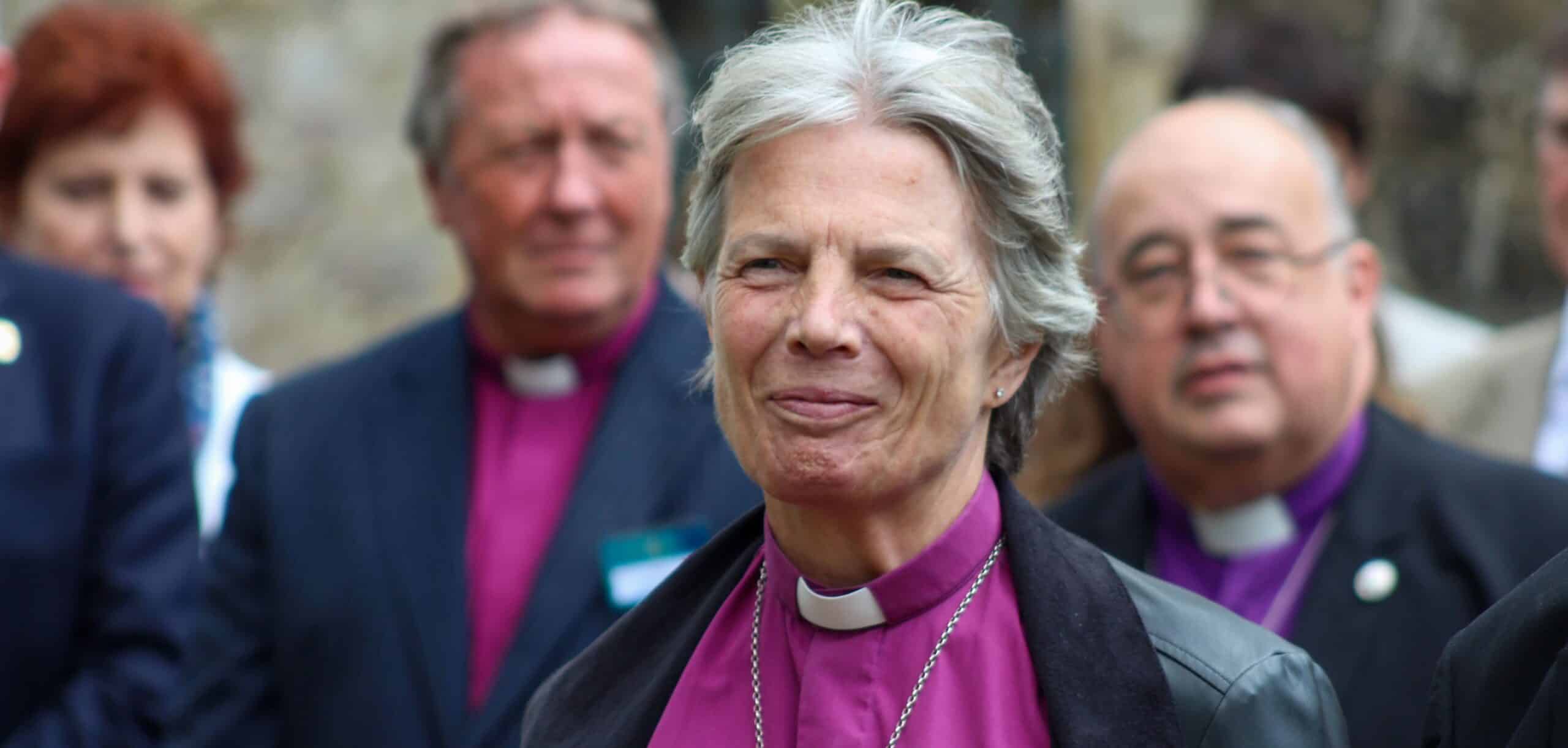In an historic ruling praised by civil rights advocates, a tribunal in Saint Lucia has reportedly overturned a law that penalized consensual relationships between same-sex partners. As per organizations supporting the cause, this decision represents a crucial turning point for LGBTQ+ rights in the Caribbean country and reflects a wider movement to repeal colonial-era legislation still prevalent throughout the region.
The case, brought before the High Court, challenged provisions in the Criminal Code that penalized acts deemed “gross indecency” and “buggery” — outdated terms historically used to describe consensual sex between men. These laws, remnants of British colonial rule, carried potential prison sentences and were criticized for perpetuating stigma, discrimination, and fear among LGBTQ+ individuals in Saint Lucia.
Although prosecutions under these laws have been rare in recent years, their continued presence in the legal code represented a significant barrier to equality, activists argue. The recent ruling effectively removes this legal justification for discrimination, providing a measure of relief and recognition for LGBTQ+ Saint Lucians who have long lived under the shadow of criminalization.
The appeal was submitted with the backing of local and regional advocacy groups, highlighting that these laws infringed on fundamental human rights, such as the rights to privacy, dignity, and protection from discrimination, as stated in Saint Lucia’s Constitution. The court’s ruling is perceived as a judicial recognition that laws prohibiting same-sex relationships are not compatible with constitutional safeguards.
Though the government has yet to make an official public statement regarding the ruling, rights groups say the decision is binding and will prevent future enforcement of the repealed statutes. Legal experts note that while court rulings do not automatically guarantee cultural or social acceptance, they play a crucial role in setting legal precedent and affirming the rights of marginalized groups.
Throughout the Caribbean, there have been comparable legal struggles in recent times. Judicial systems in Belize, Trinidad and Tobago, and Antigua and Barbuda have overturned similar statutes, igniting initiatives for wider decriminalization campaigns. Nevertheless, several nations in the area continue to uphold laws that penalize same-sex relations, frequently based on legal structures from the 19th century colonial era.
Supporters in Saint Lucia are optimistic that the decision will provide legal safeguards while also encouraging a more inclusive and respectful atmosphere. Numerous individuals highlighted that the decriminalization of same-sex relationships is a move towards tackling wider challenges, such as violence, social marginalization, and obstacles to healthcare and job opportunities that LGBTQ+ people often face.
International human rights organizations welcomed the court’s decision, describing it as a victory for equality and human dignity. They also urged Saint Lucia’s government to take further steps toward protecting LGBTQ+ citizens, including public education initiatives and legal reforms to address discrimination more comprehensively.
Although the judgment has been made, obstacles are still present. In multiple regions of Saint Lucia, societal views about LGBTQ+ individuals continue to be traditional, influenced by religious and cultural norms. Advocates emphasize that changes in law should be accompanied by public conversations and learning to bring about significant societal transformation and guarantee that the rights acknowledged in court are upheld in daily life.
Legal experts have noted that judgments like this illustrate the changing function of courts in defining constitutional rights today. By basing their rulings on human dignity and equality, judges are progressively acknowledging that laws discriminating against individuals due to sexual orientation are unacceptable in a democratic society.
The ruling from the court underscores the influence of legal advocacy in achieving justice for communities facing marginalization. The favorable outcome of the case in Saint Lucia was achieved thanks to the coordinated efforts of civil society organizations, attorneys, and activists who collaborated to record damages, rally public backing, and argue a persuasive constitutional case.
Analysts observe that this case could create a chain reaction, encouraging comparable legal actions in other Caribbean nations where laws against the LGBTQ+ community are still enforced. With the progression of legal standards and heightened global attention, authorities might feel pressured to reconsider regulations that clash with human rights and constitutional values.
For Saint Lucia, the court’s decision represents a step forward in aligning its legal system with contemporary understandings of equality and personal freedom. It also sends a message to LGBTQ+ individuals in the country: that their identities are not crimes, and that they are entitled to the same legal protections as every other citizen.
While the path toward full equality is far from complete, this legal victory provides a foundation upon which broader reforms can be built. With continued advocacy and public engagement, Saint Lucia now has an opportunity to lead by example in promoting human rights and dignity for all, regardless of sexual orientation.




